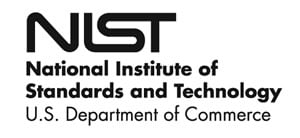RSS feed source: National Institute of Standards & Technology
On 16 April 2025, NIST researcher Michael Dunaway and colleagues organized and led a workshop on “Whole Community Preparedness for Smart, Connected Cities” at the TechConnect Smart Cities Conference in San Antonio, TX. This event was the second in a
Click this link to continue reading the article on the source website.
